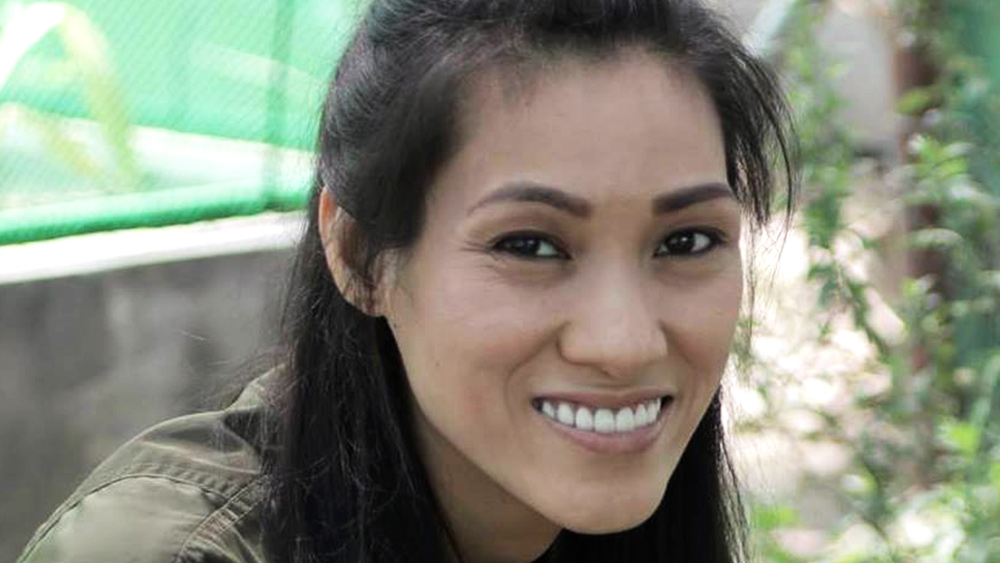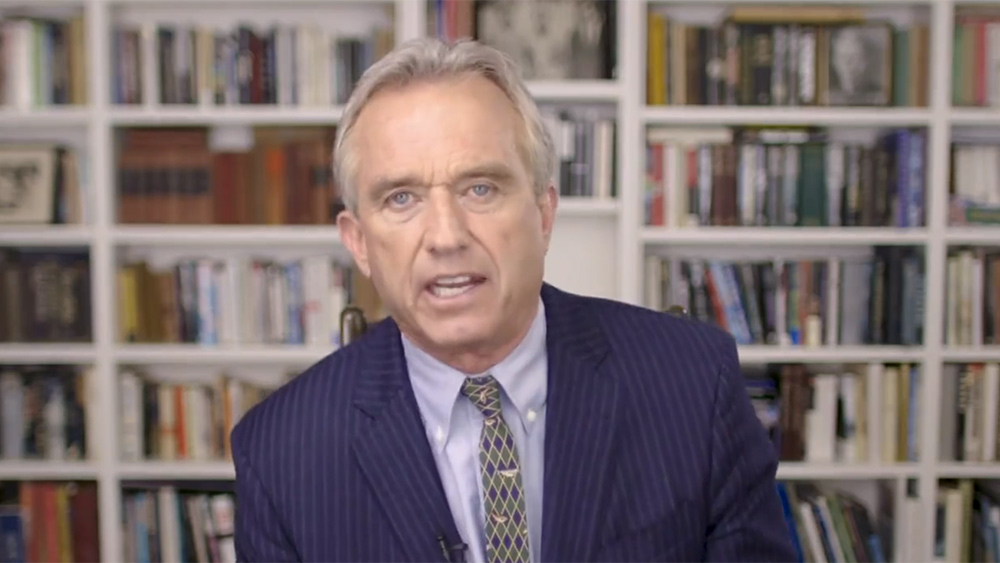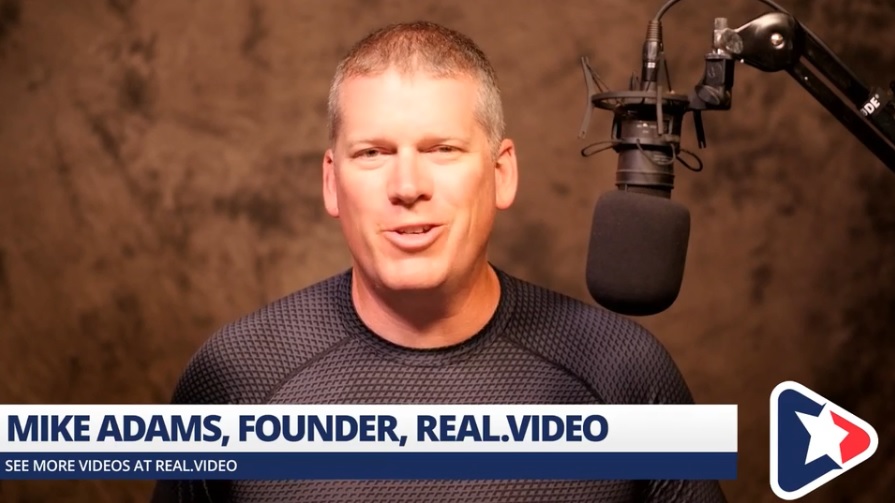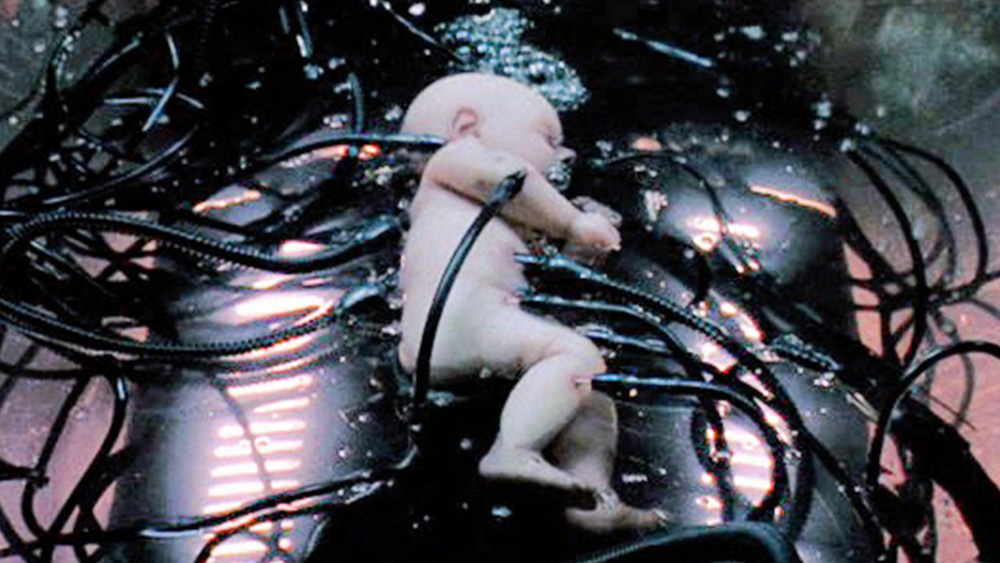Doctor shaming… by doctors?
09/11/2018 / By News Editors

Many recent articles decry the shaming of Doctors and other healthcare professional by patients in social media. (1-7) The recent PGH issue with Ramon Tulfo has many Doctors up in arms about one of their own being blasted in social media. But, what happens when Doctors are guilty of shaming other Doctors? Why would Doctors criticize other Doctors in social media? Have I been victimized by Doctors in social media? Unfortunately, yes.
(Article by Dr. Farrah Agustin-Bunch republished from DrFarrah.online)
Professional questions, curiosity about treatment methods and a desire to learn more effective means and ways to treat illnesses are all attempts to change medical practice for the better. Whereas, negative professional criticism, especially in social media, serves no purpose other than to express ill will, affect the interests of others, and tarnish the image of one’s professional colleagues. It’s also a violation of medical codes of ethics.
A physician’s job is to take care of a patient’s needs. This may involve recommending a different approach than another physician. Openly criticizing another doctor to a patient is highly unprofessional, unproductive, and violative of our codes of ethics. In addition, it does nothing to help the patient. It’s also unlikely that the doctor making the criticism has taken the time and effort to conduct a full medical review in order to give a valid and legitimate professional assessment of the Doctor they are besmirching. To openly criticize in the social media is undoubtedly degrading the medical profession and reducing it into a business rather than to save lives.
Medical ethics are the principles to guide Doctors in their dealings with each other and with patients. The Doctor to Doctor relationship is now under severe duress. Uninformed negative criticism of colleagues in social media damages our profession and its reputation. Instead of looking like leaders in the community, people are seeing Doctors like teenage girls spreading chismis about each other.
If patients were truly happy with what “conventional” medicine has to offer for cancer and other degenerative illnesses, I would be unknown. As Doctors, at some point we should all look inward and ask ourselves, “Why are there Doctors who don’t believe what I believe?” If someone disagrees with you, it’s not because they’re wrong, and you’re right. It’s because they simply believe something that you don’t believe. Perhaps they got more information than you did. Perhaps they studied the subject more. Perhaps they put their beliefs up to personal scrutiny and got enlightened with additional knowledge.
The mind doesn’t follow facts. John Adams said that “facts are stubborn things”, but our minds are more stubborn. Doubt isn’t always resolved with evidence and facts for even the most enlightened among us, no matter how credible and convincing the facts are.
This is why I invite Doctors to my facility so they can see the voluminous amount of evidence regarding treatment methods that I recommend to patients. This is when we often see what’s known as Confirmation Bias. Studies have clearly shown that even after the evidence for beliefs has been totally refuted, most people fail to make appropriate changes in those beliefs. (8) In other words, they will stick to their beliefs, no matter what. No matter what you show them, they will not change their mind.
Confirmation Bias is a phenomenon where we tend to dismiss evidence that contradicts our beliefs and overvalue evidence that confirms them. We filter out inconvenient truths and arguments on the opposing side. As a result, our opinions solidify, and it becomes increasingly harder to disrupt our established patterns of thinking.
I’m not claiming to be right and anyone else be wrong. I simply believe that as a result of consistent long-term medical investigation, I have continued to learn and grow as a Doctor. As such, ideas that I had once firmly held were shaken free with the overabundance of contrary evidence. When your ideas and beliefs as a Doctor are part with your identity, changing your mind means changing who you are. That is often a very difficult proposition. For example, many Doctors continue to preach the ills of dietary fat despite significant research evidence to the contrary. People tend to rely on the information they have been given. In order to grow, we need to seek out more information.
Most of us have friends just like us. Our social media friends are like us and we follow the news we agree with. By and large, our opinions aren’t tested very much. Most people don’t expose themselves to information that may change their ideas. Think about it for a moment. What if your ideas about a great many things are wrong? What if your opinions were challenged?
Ask yourself, “What evidence would change one of my strongest beliefs?” If your response is, “no evidence would change my beliefs,” that’s not good. A person who is unwilling to alter their opinion even when they see the facts and evidence is a fundamentalist. It takes bravery and intelligence to see the truth instead of what’s convenient.
Many of my fellow Doctors appear to have resorted to conspiring against me in social media because of differences in opinion. “Due to the lack of complaints” against me, they now appear to be trying to create them. Please send any evidence of cyberlibel and this conspiracy to us at [email protected].
Tagged Under: alternative medicine, Big Pharma, Censorship, corporations, deception, Facebook, FDA, freedom, fundamental rights, health, health freedom, herbal medicine, libel, Liberty, lies, mainstream media, Naturopathy, propaganda, science, Social media, Twitter, Tyranny

























